Naming the Elephant in the room, but not showing it the door
Dr Ian Cochran
After 30 years, COP28 has etched itself into history as the first summit to include fossil fuels in the final text agreement, addressing the long-standing elephant in the room: further fossil fuel development is incompatible with climate goals. However, questions remain about whether the pledges alone can make real-world change.
The lead up to COP28
December 2023 saw Dubai, United Arab Emirates, host the highly anticipated Conference of Parties 28 (COP28). Despite some initial controversy surrounding the appointment of the Chief Executive of the UAE’s National Oil Company as President and host, COP28 marked the first summit where nations reached a historic consensus regarding the movement away from fossil fuels.

What were the outcomes of COP28?
The COP28 final agreement, commissioned by more than 190 nations, included a global commitment to transition away from fossil fuels. Remarkably, this marks the first time in almost three decades of COP that “fossil fuels” have been incorporated into the final text agreement. The decision represents a pivotal step in combating climate change, with the UN Climate Change Executive Secretary announcing the outcome as “the beginning of the end” of the fossil fuel era.
COP28 also marked the conclusion of the first ‘global stocktake’: a mechanism introduced at COP26 to assess countries’ progress in achieving the ambitious goals outlined in the Paris Agreement. In light of the slow progress revealed by the stocktake, countries introduced new goals to accelerate greenhouse gas emission reductions: a commitment to tripling installed renewable energy capacity, alongside doubling energy efficiency projects by 2030.
Also out of COP28 came The Declaration on Sustainable Agriculture, Resilient Food Systems, and Climate Action, an agreement focused on improving food and water security and promoting regenerative and organic food systems. This makes COP28 a landmark summit, with this being the first COP with a significant focus on food and agriculture.

Is there more to be done?
Despite the achievements, there has been a widespread consensus that COP28 faced shortcomings, with the Financial Times coining it “better than feared, but less than needed”. Samoa, who spoke on behalf of small island states, who are particularly vulnerable to the impacts of the climate crisis, pointed out the lack of clear and sufficient financial pledges supporting the agreement. There were also growing concerns surrounding potential loopholes in the wording of the agreement. For instance, the inclusion of references to ‘carbon capture’ could allow for nations to sidestep the new legislation. The selection of terminology “transition away” in relation to fossil fuels, as opposed to “phaseout” was also a decision of high contention.
Better than feared, but less than needed
Financial Times
Looking to the future
Looking ahead, the commitments made at COP28 underscore a global intent to transition away from fossil fuels, forming a pivotal step in addressing the global climate crisis. However, despite some historic landmark agreements being reached, challenges remain. Chiefly, a lack of tangible financial commitment to renewable energy transition and the potential for loopholes to be exploited.
References & further reading below:
https://www.iema.net/articles/cop28-roundup-of-announcements
https://www.ft.com/content/21852bf3-80e6-46f7-ad06-c94d89bc90de
https://unfccc.int/news/cop28-agreement-signals-beginning-of-the-end-of-the-fossil-fuel-era











-beige.png)













